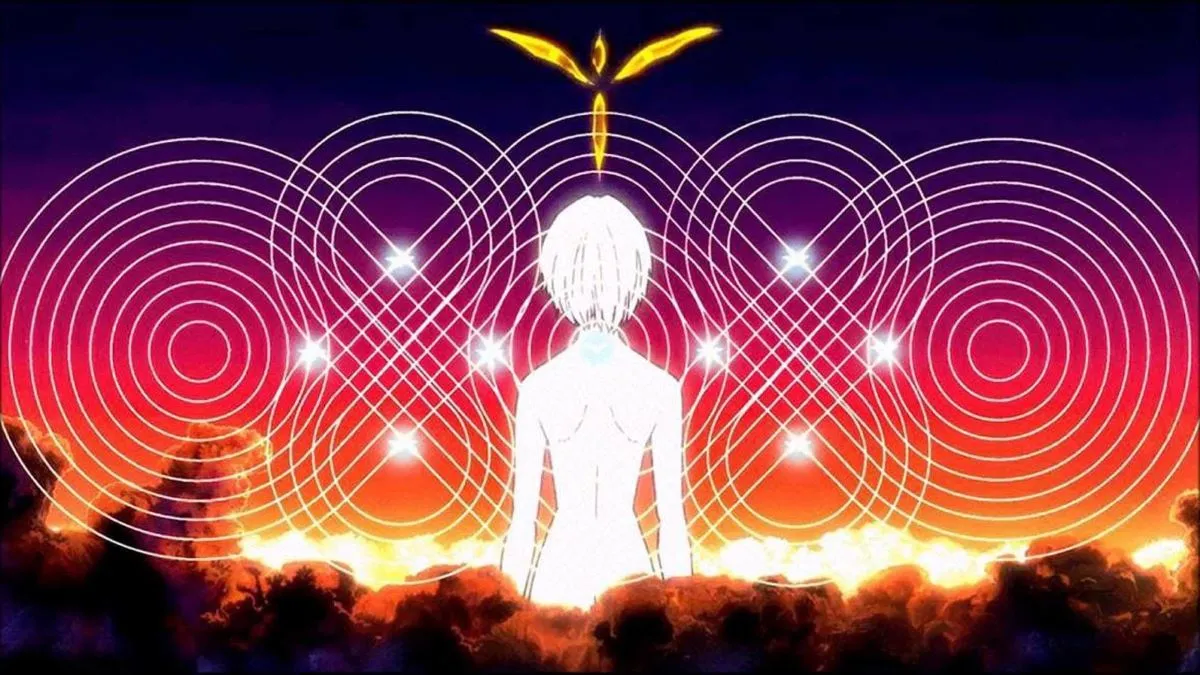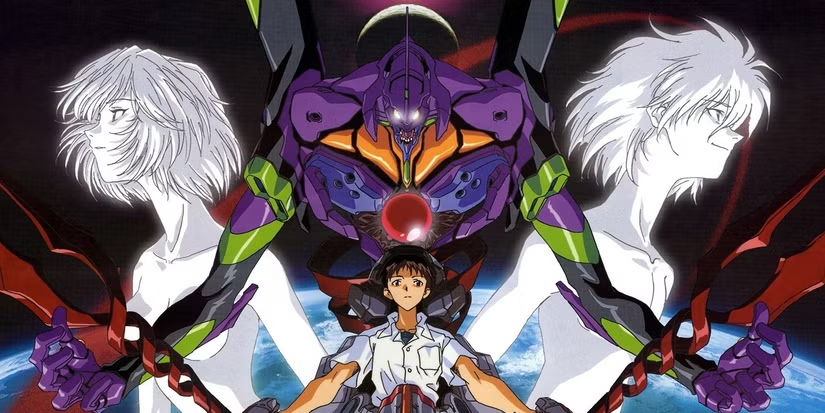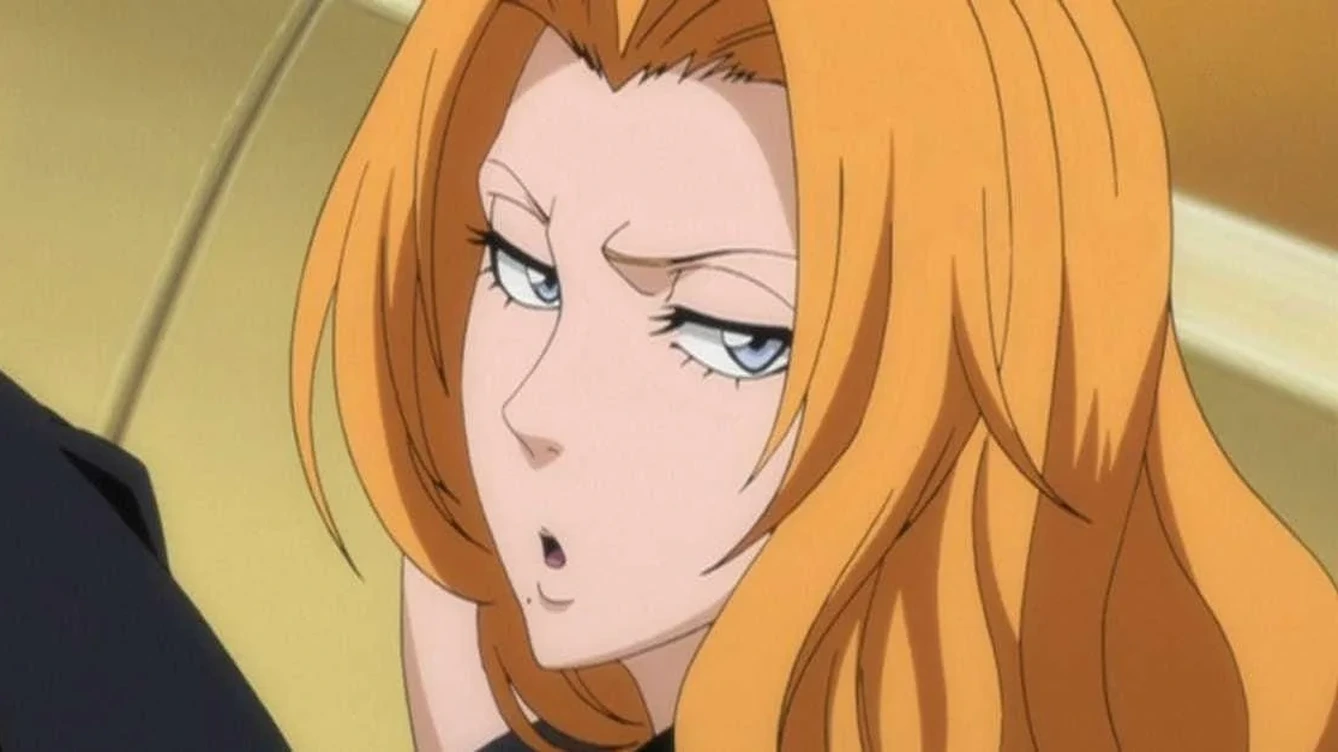Few joys in life rival watching movies, and for discussing favorites, Letterboxd has become a hub. Known as the “GoodReads of Cinema,” the platform has established itself as a cornerstone of the fandom. From reviews to rankings, it’s a haven for film enthusiasts. However, its decision to ban The End of Evangelion from its Top 250 has ignited controversy.
This week, Letterboxd moderators caused an uproar by updating the Top 250 List, removing The End of Evangelion. Users were puzzled by the exclusion of such a well-loved anime film. Curator Dave Vis later explained the decision: The End of Evangelion was deemed ineligible due to its continuation of the Neon Genesis Evangelion TV series narrative.
Letterboxd Faces Backlash Over Controversial Ban on The End of Evangelion

Dave Vis addressed the matter, stating that the film was excluded to align with curation guidelines. “After careful consideration, we decided not to include continuations of TV show narratives in our official lists,” Vis explained. While The End of Evangelion remains off the Top 250, other films from the Evangelion Rebuild series retain eligibility.
Vis clarified this wasn’t an anti-Evangelion stance, but fans were quick to criticize. Social media erupted, with many calling the decision unfair. “Delegitimizing a film based on its ties to another medium is nonsense,” user NGEScreenshot tweeted.
Why Did Letterboxd Ban The End of Evangelion?
The move also raised questions about inconsistency. Critics pointed out that numerous Marvel Cinematic Universe (MCU) films depend on prior narrative knowledge. “If The End of Evangelion isn’t eligible, then half the MCU shouldn’t be either,” DoctorDazza remarked. This perceived double standard has drawn ire from anime and movie fans alike.
From accusations of laziness in curation to alleged biases, Letterboxd’s reputation is under fire. Fans argue that The End of Evangelion—a masterpiece by Hideaki Anno—is a cinematic work, regardless of its ties to the TV series. Its visual artistry, emotional weight, and pacing firmly establish it as a standalone film.

Does Context Really Define a Film?
For many, The End of Evangelion deserves a place on the list. While it ties into Neon Genesis Evangelion, its message and impact stand on their own. Fans argue that even MCU films rely heavily on prior context, yet they dominate lists like Letterboxd’s.
This debate highlights a cultural divide over how anime films are judged compared to mainstream cinema. Fans insist that The End of Evangelion deserves recognition as an influential, standalone movie. Whether Letterboxd revises its stance or not, the backlash shows how deeply fans value this anime classic.





